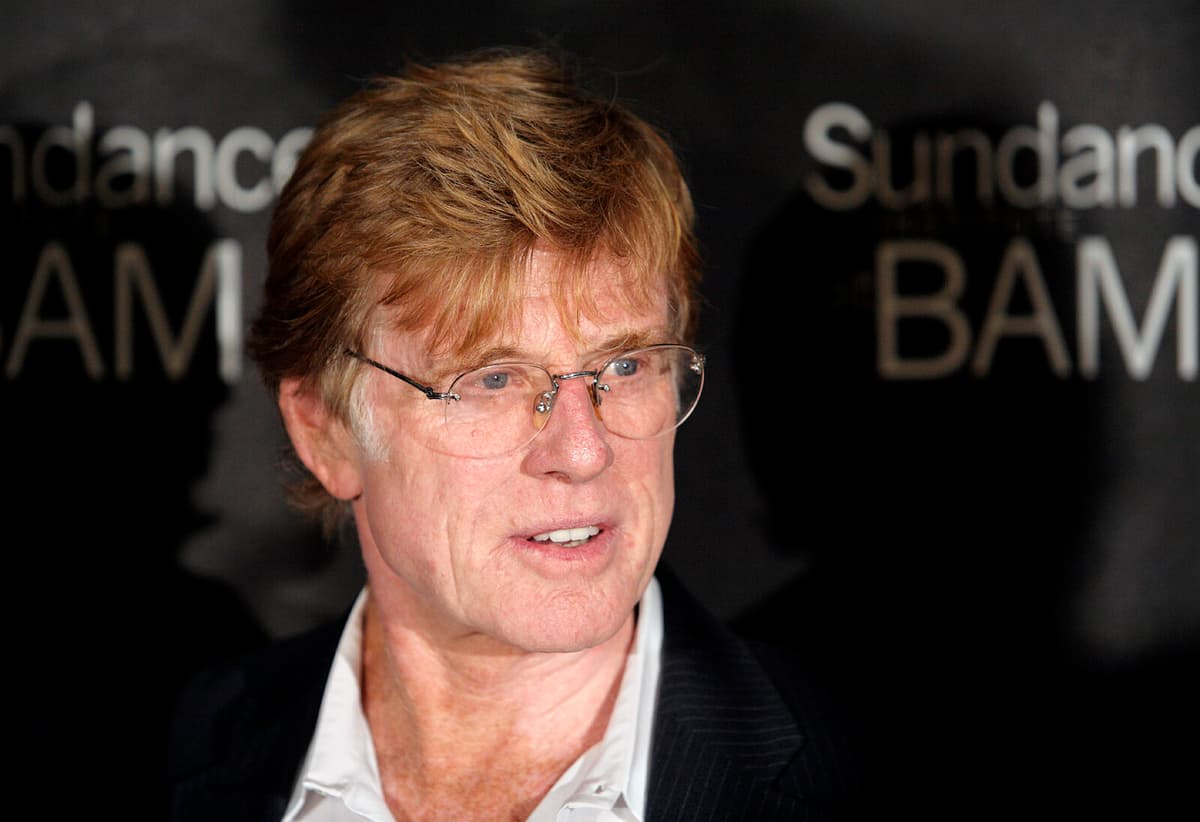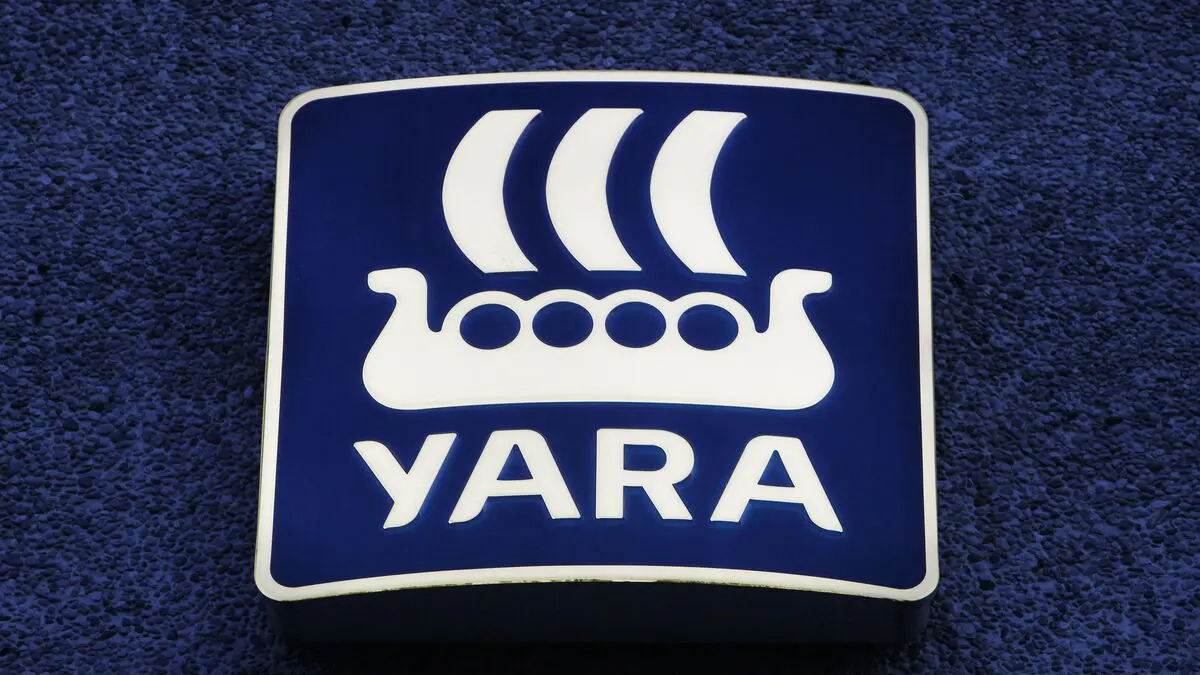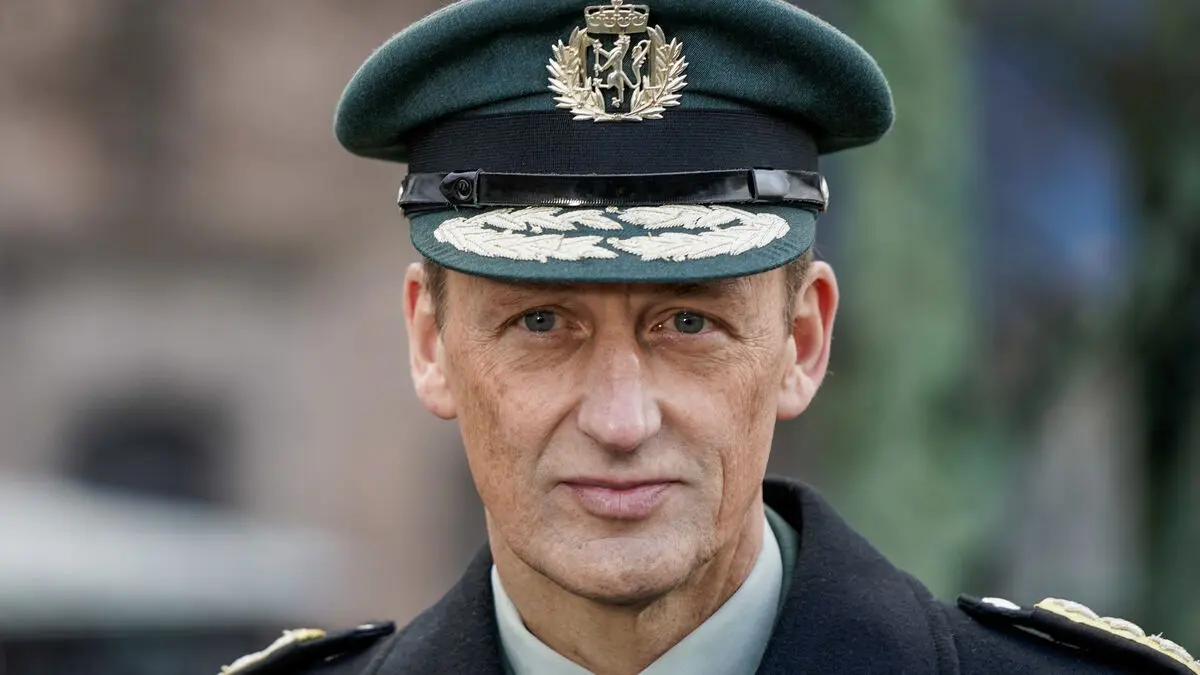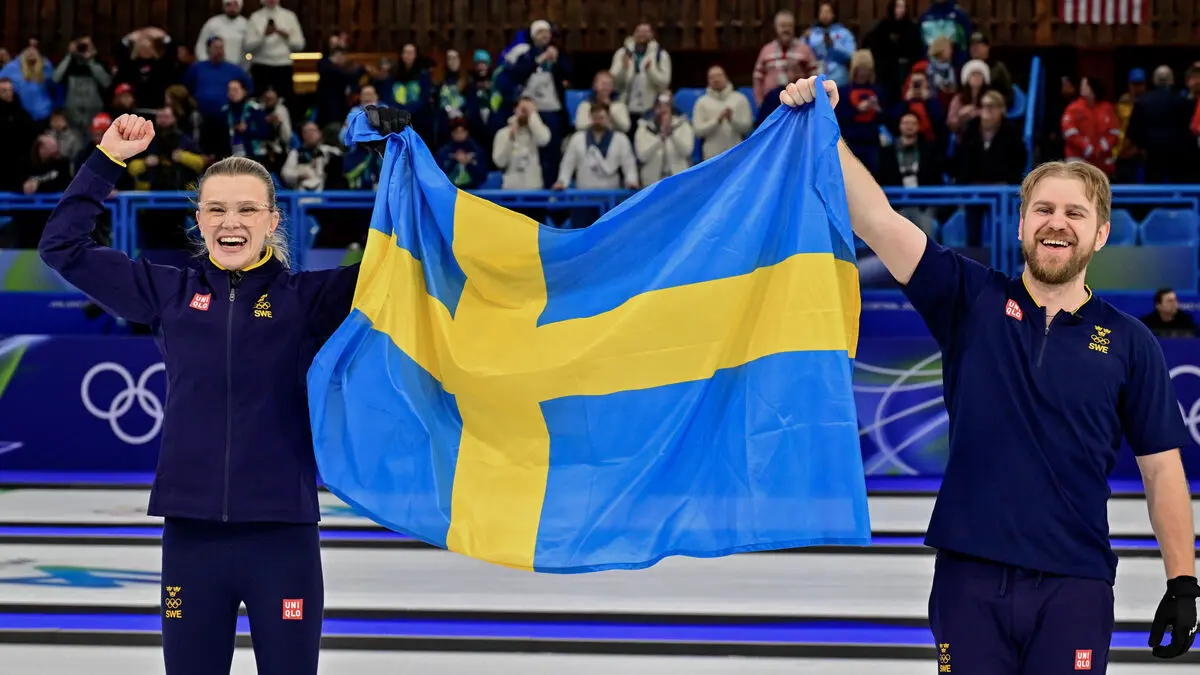Redford was one of the 1960s and 70s most profiled American actors with iconic roles in "Butch Cassidy and the Sundance Kid" (1969) and "The Sting" (1973) – a film about swindlers during the depression that gave Redford his only Oscar nomination for acting.
I think part of the reason I became an actor is to handle that exhibitionist side of myself. I love to perform. It's painful, but it's also fantastic. Never let anyone say anything else, said Redford to The Times in 2000, according to LA Times.
He later won a directing Oscar for his debut behind the camera, "Ordinary People" (1980).
"Beautiful man"
Redford also became known for political thrillers during the genre's golden age, with roles in "Three Days of the Condor" (1975) and "All the President's Men" (1976).
In many ways, he defined the 70s. American film had a golden age then and Robert Redford was an important actor. He was undoubtedly a very beautiful man and that's how he was often described, but he was also a brilliant actor, says film expert Jan Holmberg, CEO of the Bergman Foundation.
Redford was often paired with his time's great female film stars in romantic stories, such as Jane Fonda in "Barefoot in the Park" (1967), Barbra Streisand in "The Way We Were" and Meryl Streep in "Out of Africa" (1985). Another iconic role was in "The Horse Whisperer" (1998), which he directed and played a "horse whisperer" in.
Film journalist Gunnar Rehlin means that Redford gave his roles depth.
He was a good actor who overcame the fact that he was damned good-looking. He had it a bit against him in the beginning, but he was a character actor and a good director. He had to fight against being the blond, blue-eyed pretty boy but won recognition, says Rehlin.
Renewed American film
Several of Redford's films had a serious side and he often criticized American politics. For example, when he directed "Lions for Lambs" (2007) which was about military interventions in Afghanistan. He was also involved in progressive issues such as abortion rights, rights for American indigenous people and LGBTQ people, as well as climate change.
Robert Redford also had another important role in film history as the initiator of the Sundance festival. The festival came to renew American film, not least in the 1990s.
American independent film was an incredibly life-giving force for the entire film medium in the 90s and the Sundance festival was the center of it, says Jan Holmberg.
Corrected: In an earlier version, there was an error in the fact box regarding the year Redford was born.
Elin Swedenmark/TT
Mikael Forsell/TT
Kristoffer Viita/TT
Facts Robert Redford
TT
Born in 1936.
Became world-famous for roles in films like "Butch Cassidy and the Sundance Kid" (1969), "The Way We Were" and "The Sting" (1973), "The Great Gatsby" (1974) and "Out of Africa" (1985). His performance in "All the President's Men" (1976) about the Watergate scandal is also considered one of his major roles.
In 1980, he made his directorial debut in "Ordinary People", which was awarded four Oscars. He also directed films like "Milagro", "Quiz Show" and "A River Runs Through It".
In 1981, he founded the Robert Redford Sundance Institute in Utah.






